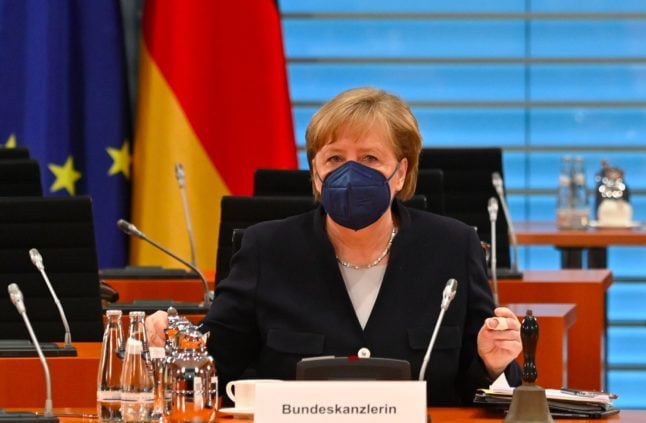The warning came as South Korea reported its 20th death from the Middle East Respiratory Syndrome virus.
“The outbreak really should serve as a wakeup call for countries,” WHO assistant director general Keiji Fukuda said after an emergency committee meeting.
“All countries should always be prepared for the unanticipated possibility of outbreaks like this and other serious infectious diseases,” a WHO statement said.
However, the UN health body said that “conditions for a public health emergency of international concern have not been met”.
The virus appeared in South Korea on May 20 when a 68-year-old man was diagnosed after returning from a trip to Saudi Arabia.
Since then it has spread at an unusually rapid pace, sparking widespread alarm.
There is no vaccine for MERS which has a mortality rate of 35 percent, according to the WHO.
WHO
MERS deaths in South Korea a ‘wakeup call’
The MERS outbreak in South Korea is a "wakeup call", the Geneva-based World Health Organization said on Wednesday as it urged all countries to be more vigilant.
Published: 17 June 2015 11:30 CEST

WHO headquarters in Geneva. Photo: Yann Forget
Url copied to clipboard!


 Please whitelist us to continue reading.
Please whitelist us to continue reading.
Member comments